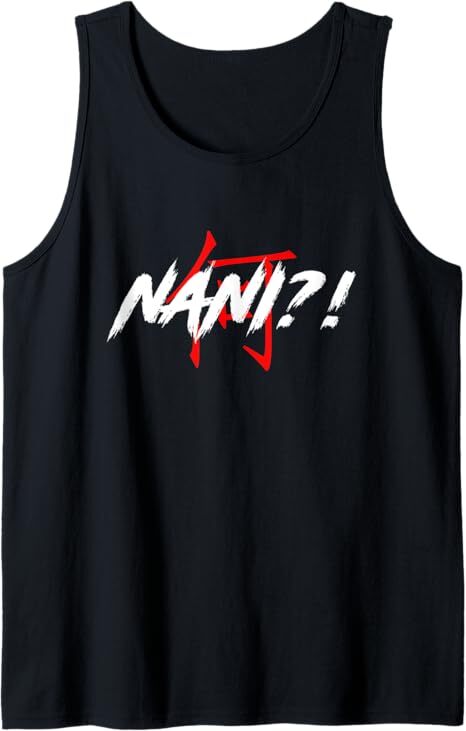Author: YamiZakura 13.09.2024
This site contains affiliate links to products. We may receive a commission for purchases made through these links. Learn more.
Otaku Alert: 100 Must-Know Japanese Words That Will Make You an Anime Insider Overnight
Contents
- 1 Otaku Alert: 100 Must-Know Japanese Words That Will Make You an Anime Insider Overnight
- 1.1 Unlocking the World of Anime Through Language
- 1.2 The Importance of Context in Japanese Learning
- 1.3 Essential Greetings and Everyday Expressions
- 1.4 Pronouns and Personal References
- 1.5 Action Words: Verbs That Drive the Plot
- 1.6 Adjectives: Coloring the Anime World
- 1.7 Question Words: Unraveling the Mystery
- 1.8 Interjections and Expressions of Emotion
- 1.9 Time and Numbers: Keeping Track of the Timeline
- 1.10 Common Anime-Specific Terms
- 1.11 Conclusion: Your Journey to Anime Fluency Begins
- 2 Learning Zone!
Unlocking the World of Anime Through Language
For anime enthusiasts and Japanese language learners alike, there's an undeniable thrill in understanding the original dialogue of your favorite shows without relying on subtitles. The ability to grasp key phrases and cultural nuances not only enhances your viewing experience but also deepens your appreciation for the art form. This comprehensive guide will introduce you to 100 essential Japanese words that are frequently used in anime, providing you with a solid foundation for your Japanese learning journey and helping you become a true anime insider.
The Importance of Context in Japanese Learning
Before we dive into our list of must-know words, it's crucial to understand the significance of context in the Japanese language. Unlike English, Japanese heavily relies on context to convey meaning. This contextual dependency is reflected in anime dialogues, where characters often omit subjects or use incomplete sentences, expecting the listener to infer the missing information from the situation.
Honorifics: A Window into Character Relationships
One of the first aspects of Japanese that anime fans encounter is the use of honorifics. These suffixes attached to names provide valuable insights into the relationships between characters and their social standings. Let's explore some common honorifics:
- -san: A general, polite suffix used for most acquaintances.
- -kun: Often used for male friends or juniors.
- -chan: A cute or endearing suffix, typically used for children, close friends, or pets.
- -sama: A very respectful honorific used for people of high status.
- -sensei: Used for teachers, doctors, or other professionals.
Understanding these honorifics will help you grasp character dynamics more easily as you watch anime.
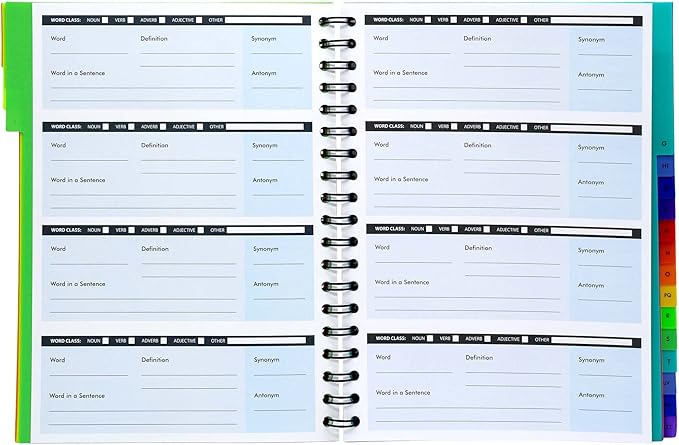
Get the Pukka Pad B5 Vocabulary Book to help you organize and review new vocabulary effectively!
Essential Greetings and Everyday Expressions
To begin our journey into Japanese learning, let's start with some fundamental greetings and expressions that you'll hear in almost every anime:
- Konnichiwa (こんにちは): Hello
- Ohayou (おはよう): Good morning
- Konbanwa (こんばんは): Good evening
- Sayounara (さようなら): Goodbye
- Arigatou (ありがとう): Thank you
- Sumimasen (すみません): Excuse me / I'm sorry
- Onegaishimasu (お願いします): Please (when making a request)
- Hai (はい): Yes
- Iie (いいえ): No
- Daijoubu (大丈夫): It's okay / Are you okay?
These expressions form the backbone of polite conversation in Japanese and are frequently used in anime to establish the tone of interactions between characters.
Pronouns and Personal References
Japanese pronouns can be tricky for learners, as their usage varies greatly depending on the speaker's gender, social status, and the level of formality required. Here are some common pronouns you'll encounter in anime:
- Watashi (私): I (general, polite)
- Boku (僕): I (masculine, casual)
- Ore (俺): I (very masculine, casual)
- Atashi (あたし): I (feminine, casual)
- Anata (あなた): You (polite, can be intimate between couples)
- Kimi (君): You (casual, often used by males to address someone of equal or lower status)
- Omae (お前): You (very casual, can be rude)
- Kanojo (彼女): She / Girlfriend
- Kare (彼): He / Boyfriend
Understanding these pronouns will help you identify how characters perceive themselves and others within the anime's social context.
Action Words: Verbs That Drive the Plot
Verbs are the engines of any language, propelling the narrative forward. Here are some essential verbs that frequently appear in anime storylines:
- Iku (行く): To go
- Kuru (来る): To come
- Taberu (食べる): To eat
- Nomu (飲む): To drink
- Miru (見る): To see / To watch
- Kiku (聞く): To listen / To ask
- Hanasu (話す): To speak
- Yaru (やる): To do (casual)
- Suru (する): To do (general)
- Naru (なる): To become
- Matsu (待つ): To wait
- Aishiteru (愛してる): To love (very strong, not commonly used)
- Suki (好き): To like / To love (more common)
- Kirai (嫌い): To dislike
- Shinu (死ぬ): To die
These verbs will help you follow the basic actions and emotions expressed by characters in various anime scenarios.
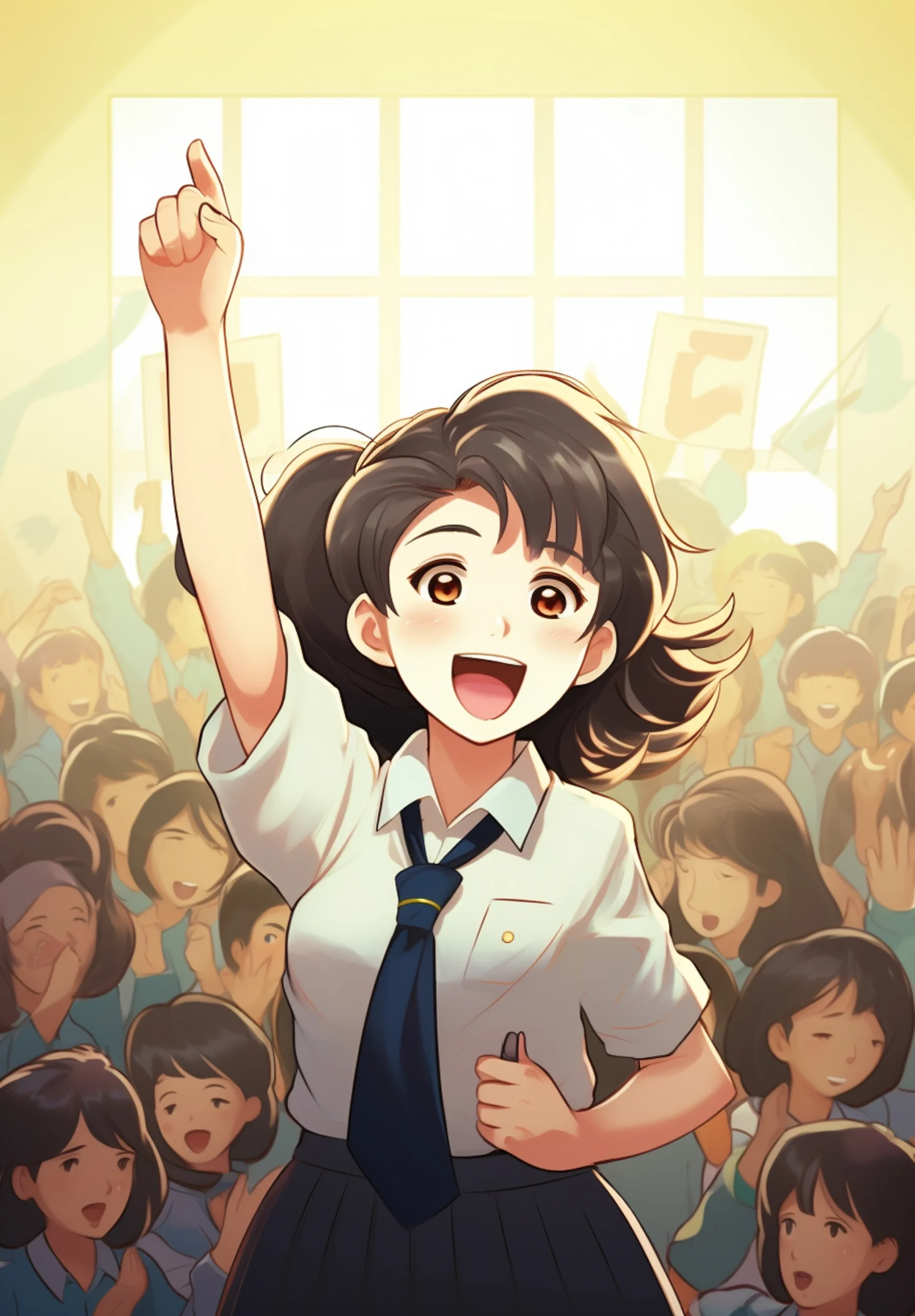
Adjectives: Coloring the Anime World
Adjectives in Japanese add depth and nuance to descriptions, allowing for vivid portrayals of characters and settings. Here are some frequently used adjectives in anime:
- Kawaii (可愛い): Cute
- Kakkoii (かっこいい): Cool
- Sugoi (すごい): Amazing
- Kowai (怖い): Scary
- Tanoshii (楽しい): Fun
- Ureshii (嬉しい): Happy
- Kanashii (悲しい): Sad
- Samui (寒い): Cold
- Atsui (暑い): Hot
- Oishii (美味しい): Delicious
- Kirei (綺麗): Beautiful / Clean
- Yasashii (優しい): Kind
- Tsuyoi (強い): Strong
- Yowai (弱い): Weak
- Hayai (速い): Fast
- Osoi (遅い): Slow
These adjectives will enhance your ability to understand character descriptions and environmental details in anime.
Question Words: Unraveling the Mystery
Question words are crucial for following dialogue and plot developments. Here are some essential question words you'll often hear in anime:
- Nani (何): What
- Dare (誰): Who
- Doko (どこ): Where
- Itsu (いつ): When
- Naze / Doushite (なぜ / どうして): Why
- Dou (どう): How
- Ikura (いくら): How much (price)
- Ikutsu (いくつ): How many
Familiarizing yourself with these question words will help you follow interrogative scenes and understand characters' inquiries more easily.
Interjections and Expressions of Emotion
Anime is known for its expressive characters and dramatic moments. Here are some common interjections and emotional expressions:
- Yatta! (やった!): I did it! / Hooray!
- Mou! (もう!): Geez! / Come on!
- Ara ara (あらあら): Oh my (often used by mature female characters)
- Eto (えと): Um... (thinking sound)
- Ano (あの): Um... (attention-getter)
- Eh? (えっ?): Huh?
- Naruhodo (なるほど): I see / I understand
- Sasuga (さすが): As expected (of someone)
- Yabai (やばい): Oh no! / Dangerous (can also mean "amazing" in slang)
- Shimatta (しまった): Oh no! / I messed up!
These expressions will help you connect with characters' emotions and reactions as you watch anime.
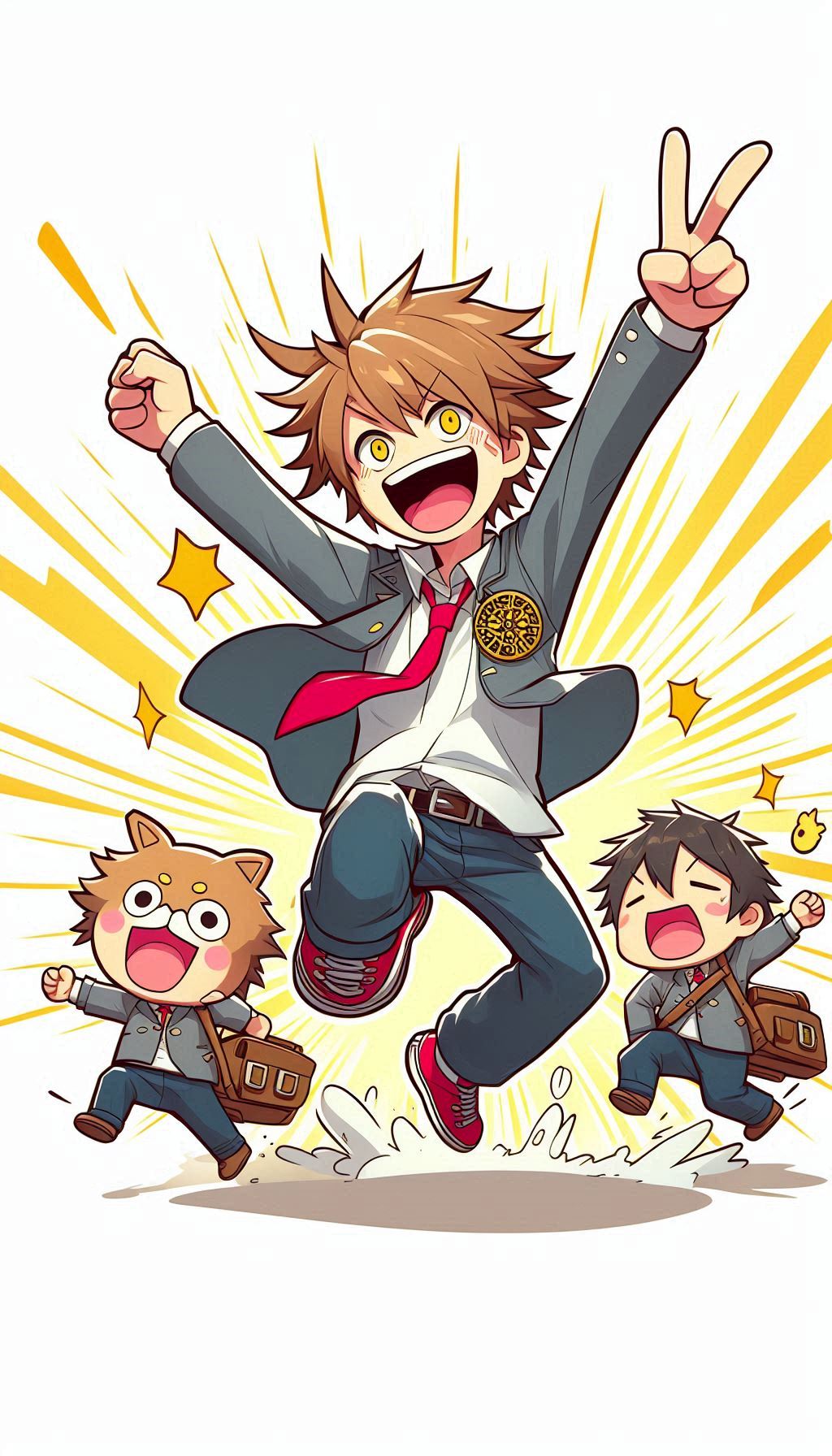
Yatta!
Time and Numbers: Keeping Track of the Timeline
Understanding basic time expressions and numbers is essential for following anime plots. Here are some key terms:
- Ichi, Ni, San (一、二、三): One, Two, Three
- Juu (十): Ten
- Hyaku (百): Hundred
- Sen (千): Thousand
- Man (万): Ten thousand
- Kyou (今日): Today
- Ashita (明日): Tomorrow
- Kinou (昨日): Yesterday
- Ima (今): Now
- Ato de (後で): Later
- Hayaku (早く): Early / Quickly
These time-related words will assist you in following the chronology of events in anime storylines.
Common Anime-Specific Terms
Some words and phrases are particularly prevalent in anime due to their relevance to common themes and genres. Here are a few you should know:
- Nakama (仲間): Comrade / Close friend
- Senpai (先輩): Senior (at school or work)
- Kouhai (後輩): Junior (at school or work)
- Otaku (オタク): Geek / Obsessive fan
- Mangaka (漫画家): Manga artist
- Seiyuu (声優): Voice actor
- Moe (萌え): Cute / Adorable (often used to describe character traits)
- Tsundere (ツンデレ): A character who is initially cold but gradually shows a warmer side
- Kawaii (可愛い): Cute (Yes, we're mentioning it again because it's that important in anime!)
- Ganbatte (頑張って): Do your best!
- Itadakimasu (いただきます): Said before eating (literally "I humbly receive")
- Sugoi (すごい): Amazing (Another repetition because you'll hear it constantly)
- Baka (バカ): Idiot / Stupid
- Hentai (変態): Pervert / Perverted
- Daisuki (大好き): I like you very much / I love you
- Gambaru (頑張る): To persevere / To do one's best
These terms are deeply ingrained in anime culture and will significantly enhance your understanding of character interactions and plot elements.
Conclusion: Your Journey to Anime Fluency Begins
Armed with these 100 essential Japanese words, you're now better equipped to navigate the colorful world of anime. Remember that language learning is a journey, and consistent exposure is key to improvement. As you continue watching anime, try to identify these words and phrases in context. Don't be afraid to pause, rewind, and repeat scenes to catch the nuances of the language.
To further enhance your Japanese learning experience, consider the following tips:
- Watch anime with Japanese subtitles when possible to reinforce the connection between spoken and written Japanese.
- Practice using these words in sentences to solidify your understanding.
- Explore Japanese language learning apps and resources to complement your anime-watching habits.
- Join online communities of anime fans and Japanese learners to share experiences and practice together.
Remember, becoming an anime insider isn't just about knowing the words; it's about understanding the culture and context behind them. As you continue your Japanese learning journey, you'll find that the world of anime opens up in new and exciting ways, revealing layers of meaning and nuance that were previously hidden.
So, the next time you sit down to watch your favorite anime, pay close attention to the language. You might be surprised at how much more you understand and how much richer your viewing experience becomes. Who knows? With dedication and practice, you might find yourself not just watching anime, but truly living it, understanding every word, joke, and cultural reference as if you were a native speaker.
Happy learning, and enjoy your journey into the heart of anime culture through the fascinating world of the Japanese language!
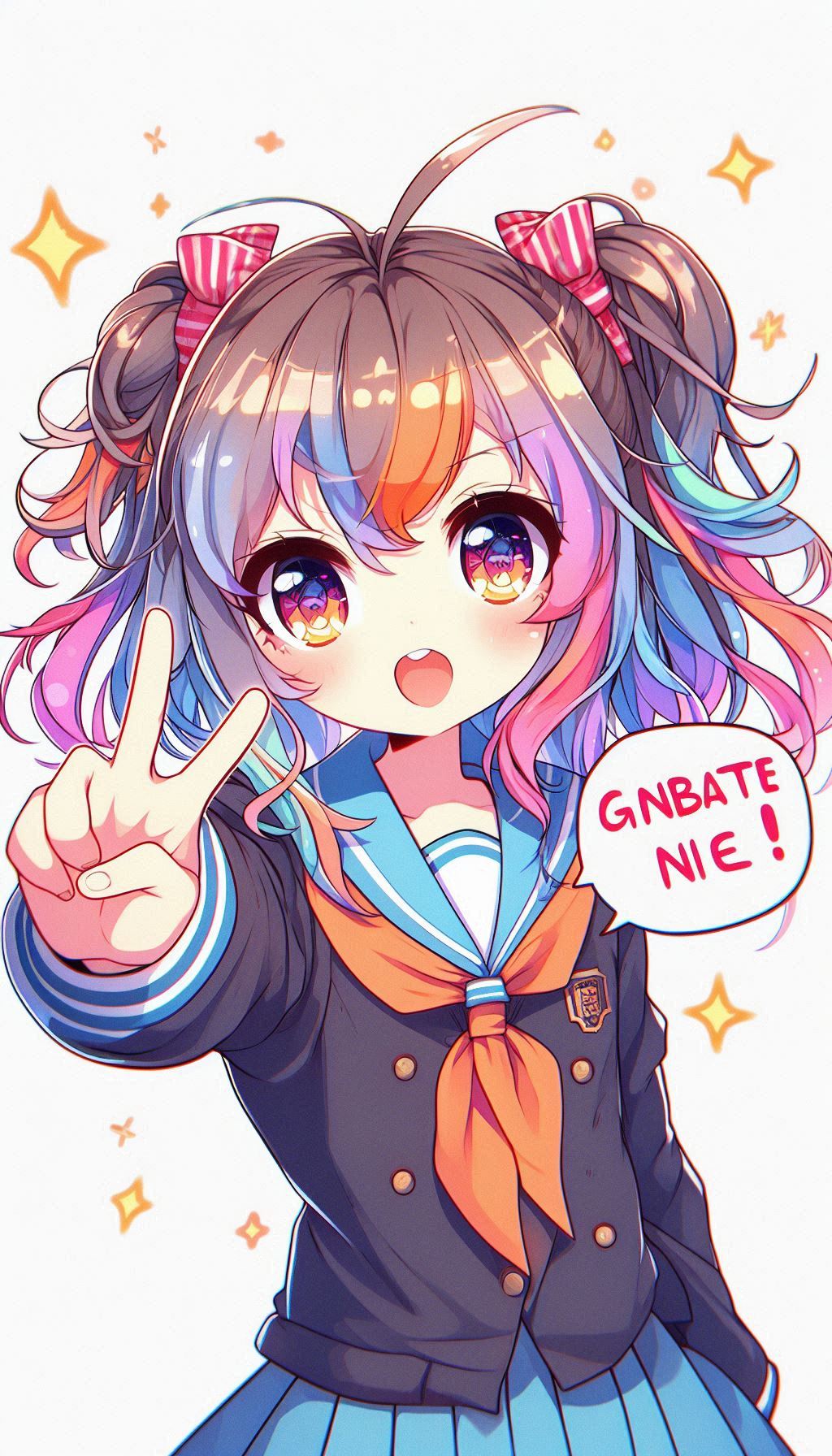
Ganbatte!
Learning Zone!
Books and Tools!
Blog Posts!
Shiroi Castle is a participant in the Amazon Services LLC Associates Program, an affiliate advertising program designed to provide a means for sites to earn advertising fees by advertising and linking to Amazon.com. Amazon, the Amazon logo, AmazonSupply, and the AmazonSupply logo are trademarks of Amazon.com, Inc., or its affiliates.
Some of the graphics used to design the website has been created by Freepik www.freepik.com, using Adobe Firefly AI or Microsoft Designer.


